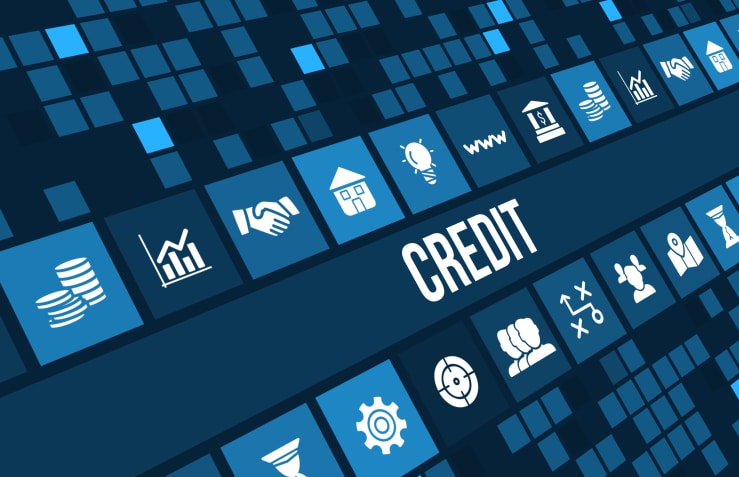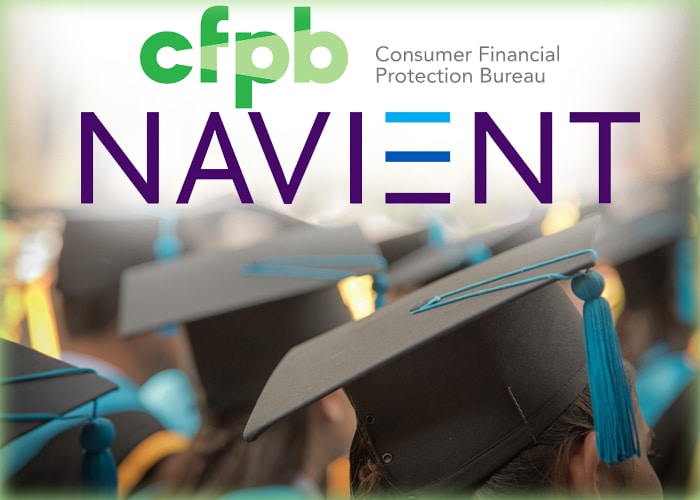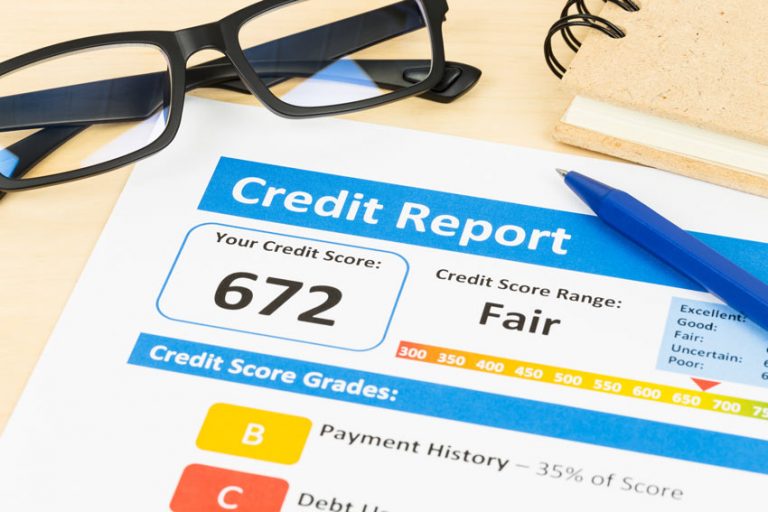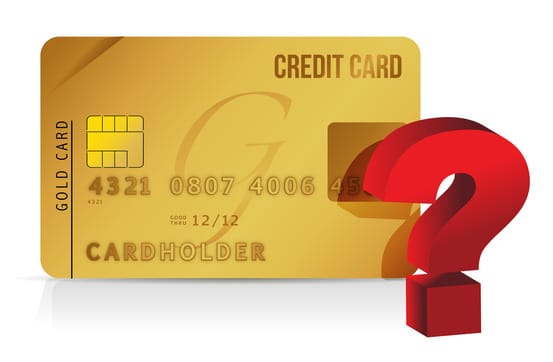
Does Credit Matter If I’m Not Applying for a Loan?
Discover why credit matters beyond loan applications. Explore the role of credit in your overall financial well-being.
Latest Posts

Discover why credit matters beyond loan applications. Explore the role of credit in your overall financial well-being.

If you have never heard of the term “trended data” before, then you need to pay close attention to this

Clearing the Confusion: The Impact of Prepaid Credit Cards on Credit Scores Do you find yourself confused about how the

Can bad credit cost you your job? Studies have shown that consumers with credit problems statistically make riskier and/or less responsible employees.

The Pros and Cons: Retail Store Cards and Your Credit Score If you are researching the topic of how to

What Do People with High Credit Scores Have In Common? What Do People with High Credit Scores Have In Common?

In one of its last moves under the former presidential administration, the Consumer Financial Protection Bureau (CFPB) filed three separate lawsuits against student loan servicing giant Navient. Navient currently services the student loans of over 12 million borrowers in the United States, loans which amount to over $300 billion in both federal and private student loan debt.

Has a loved one ever asked you to do a big favor? If you are like a lot of people then you probably want to do anything within your power to help out the people who are important to you. Co-signing, however, is much more than just a simple favor. Instead co-signing is a ticking time bomb just waiting to destroy your credit scores and to cause you potentially serious financial problems.

Your credit reports maintain a far-reaching influence over many different aspects of your life. The condition of your credit may help determine where you live, how much you pay for housing, your ability to qualify for an auto loan, your insurance premiums, and even your career. Law makers understand the significance of your credit too. As a result the Fair Credit Reporting Act (FCRA) was crafted to help protect you from unfair credit reporting practices.

It is that time of year again, the time of year when a pile of tax related documents begin to show up in your mailbox. You may receive a W-2 form from your employer, charitable contribution statements to use for tax write-offs, and even mortgage interest statements if you are a home owner. However, there is another far less desirable tax form which will be finding its way into millions of people’s mailboxes this year as well – the 1099-C.

Credit cards, as we have already covered in parts 1-4 of our Credit Cards 101 series, are extremely powerful tools which you can put to work for you on your journey toward better credit. Yet not only do credit cards have great credit building potential (assuming you manage the accounts properly), but they also feature some other great benefits as well. For example, you may not realize it but your credit cards represent the safest and most secure form of payment you carry in your wallet.

Your credit scores can exert a tremendous amount of influence over your financial wellbeing, in some instances even more than your income. Don’t believe me? Just ask anyone with a great job who has ever been turned down for a mortgage application due to bad credit. People with great incomes and bad credit get denied for financing every single day.
You probably already know that achieving good credit is important. You are smart enough to be reading this article after all. Yet
Your privacy matters! We only uses this info to send content and updates. You may unsubscribe anytime.
It only takes 90 seconds to sign up. Start fixing errors on your credit report and get help to increase your credit score. Your information is safe with us. We treat your data as if it were our own.

Privacy and Cookies
We use cookies on our website. Your interactions and personal data may be collected on our websites by us and our partners in accordance with our Privacy Policy and Terms & Conditions